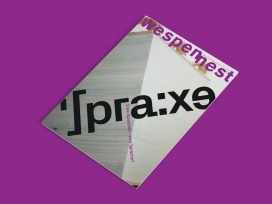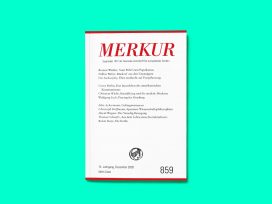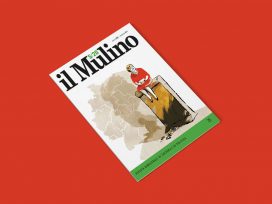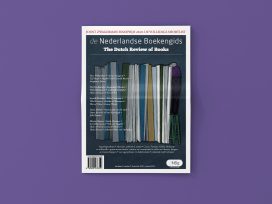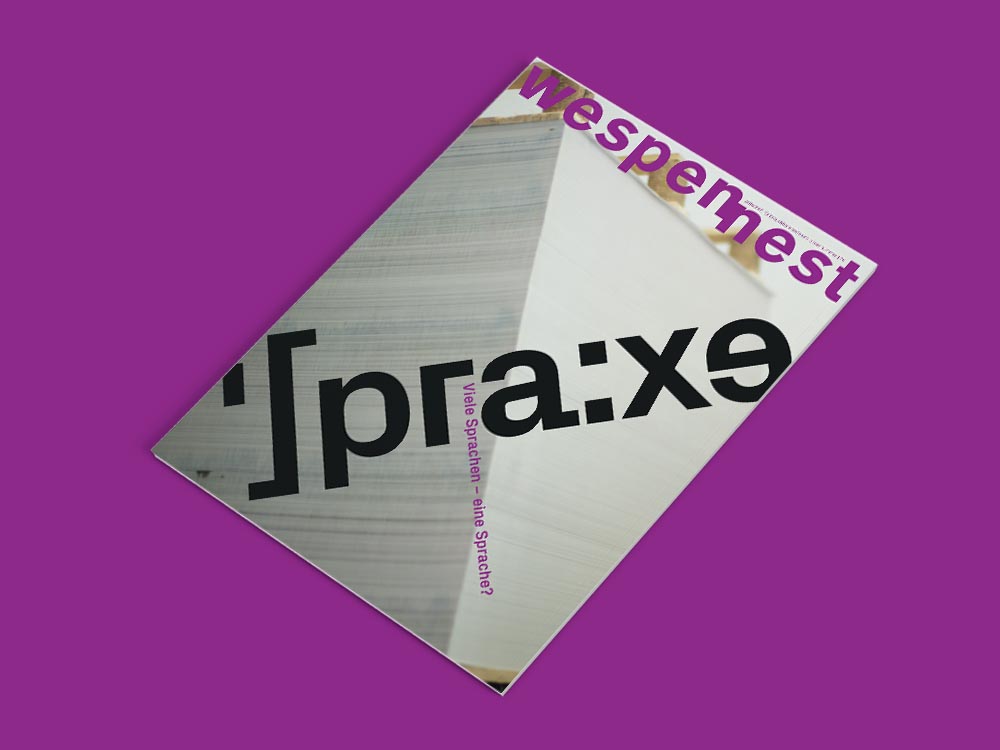In ‘Wespennest’: how Austria’s historically multilingual literature has been complemented by a range of idioms from beyond the former Empire; and why Europeans should reclaim English as the Franco-Germanic hybrid that it is.
It may seem surprising, given the issue’s gist, that the opening article is an appeal for the embrace of English as European lingua franca. However, the Belgian philosopher and economist Philippe Van Parijs is not interested in the English language for its own sake. His argument is entirely utilitarian: English is the language that, de facto, fulfils the ‘maximin principle’ by making communication least difficult and excluding the least number of people.
Nor does Van Parijs demand that non-native speakers of the English language respect its purity. Europeans should treat English as the Germano-French hybrid that it is: something that belongs to them that they are free to adapt: ‘Let’s not be afraid to talk this language, which is ours too, without complexes, with the whole range of our accents, and let’s take the liberty to introduce any neologism we wish!’
But behind Van Parijs’s casual approach lies a serious rationale: ‘In order to make good on its democratic claims, the Union must be able to count upon a sufficiently united agora, one that allows European citizens to talk and to listen to one another. And without a common language there can be no common agora.’
Brexit will not make the use of English in the EU any less democratic – on the contrary: the language will take on a new neutrality. ‘With or without Brexit: the knowledge and use of English will not diminish. Instead, its use will continue to spread. For a supranational democracy to gradually concretize itself, this needs to happen everywhere in Europe – and beyond.’
Multilingualism at what expense?
In recent decades, Austria’s historically multilingual literature has been complemented by a range of spoken idioms originating from beyond the former Habsburg Empire. These new voices reflect both global migration as well as the mobility of an international middle class, writes literary scholar Christine Ivanovic. The deep gulf between these two types of movement ‘is often not perceived by readers, because the texts are written in one and the same language. What is different is how they speak, how the many languages in them are expressed.’
The enrichment of German, English and French as literary languages as a result of this new mobility comes at the expense of the literatures of the countries of origin. Moreover, the ‘brain drain’ affects not just smaller languages. Authors from the Arab space, China and India increasingly tend to self-translate or write in one of the western languages dominating the literary market.
These ‘can afford multilingualism, as long as they remain the dominant basis for the text; indeed, they visibly profit from the incorporation of the modes of representation of other languages and literatures. Today, we read texts of various African, or Arabic, Chinese and Russian literary cultures in many languages but always only in the language that is accessible to us.’
More multilingualism
Terézia Mora and Ilija Trojanow discuss how their own multilingualism impacts on their writing; Jan Koneffke examines the cliché of language as ‘home’ and its exploitation by nationalist politicians; Oliver Scheiber asks why language in court is treated in such a way that people often do not understand the verdict; and, in first-time German translation, Hungarian futurist Dezső Kosztolányi (1930) defends ‘The place of the Hungarian language upon this earth’.
This article is part of the 22/2020 Eurozine review. Click here to subscribe to our weekly newsletter to get updates on reviews and our latest publishing.
Published 21 December 2020
Original in English
First published by Eurozine
Contributed by Wespennest © Eurozine
PDF/PRINTNewsletter
Subscribe to know what’s worth thinking about.
Related Articles

‘A decisive effort is necessary’
Heritage, Brexit and the British state
The case for Brexit may amount to more than pure fiction. But there is no denying it is rooted in a revivalist narrative of British history. Whether the perceived enemy be Europe, the welfare state or migrants, the right has been waging the same battle since the 1980s.
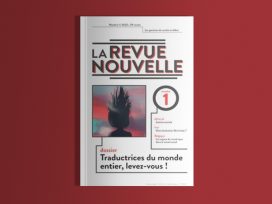
Translators of the world, unite!
La Revue Nouvelle 1/2023
On translation as politicized practice: domestication versus foreignization; degendering and resistance; and the risks of translating feminist sociology back into Farsi.
